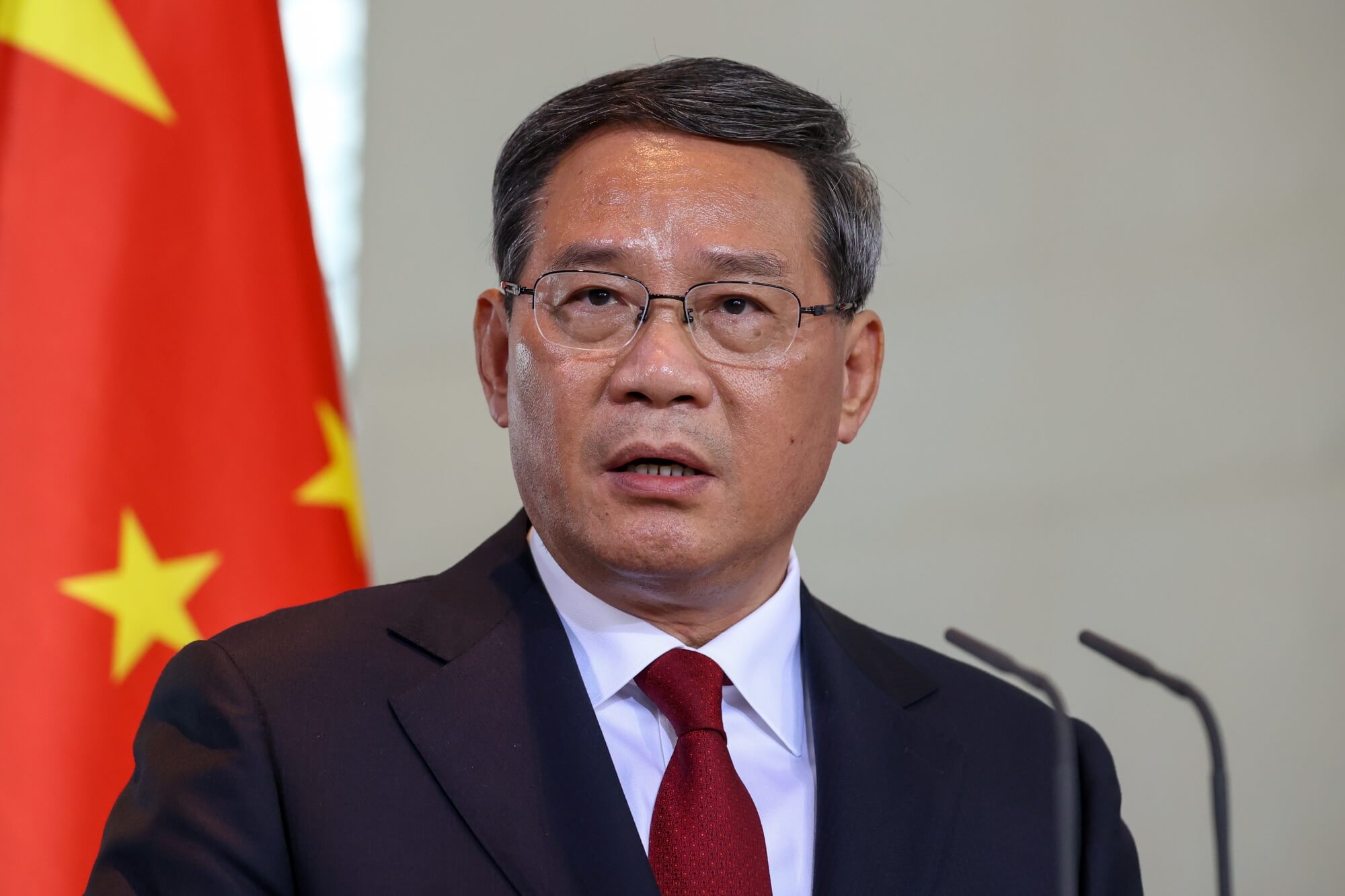Despite escalating Sino-U.S. tensions, major global pharmaceutical companies are actively pursuing deals in China to bolster their drug pipelines and strengthen their foothold in the world’s second-largest pharmaceutical market. This trend is providing much-needed support for struggling local firms and investors eager to realize returns, industry executives and investment bankers report.
This year has already seen significant transactions, including AstraZeneca’s $1.2 billion acquisition of Gracell Biotechnologies, a cell therapy developer based in China, and Novartis’ purchase of the remaining shares in kidney disease therapy developer SanReno Therapeutics. Bristol Myers Squibb and Sanofi are also on the lookout for potential deals, according to company insiders, even as some rivals reconsider their positions due to COVID-related supply chain disruptions, a slowing local economy, and price cuts necessary for state insurance listings.
The influx of foreign interest is a boon for Chinese drugmakers and investors, especially as tightened IPO regulations have made it harder for companies to raise capital for research. Manas Chawla, CEO of global political risk advisory firm London Politica, notes that acquisitions can help multinational companies reduce costs, access innovative technologies, and tap into China’s vast consumer market. However, he warns of potential risks, given the rare bipartisan consensus in the U.S. on a hawkish stance towards China.
Historically, most buyers of Chinese healthcare companies have been domestic. Data from LSEG shows that announced acquisitions of Chinese healthcare companies totaled $6.8 billion as of July 16 this year, the lowest in a decade for the same period. Foreign acquisitions accounted for $720 million of this total, a 52% decrease year-on-year.
Acquisition Strategies
Bristol Myers Squibb, facing challenges from patent expiries, is exploring “bolt-on opportunities,” according to Liang Wu, a business development head at the U.S. drugmaker. At a recent meeting of the Chinese Biopharmaceutical Association – USA in Suzhou, Wu mentioned that one of their interests in China is antibody-drug conjugates, a cancer treatment combining targeted therapy and chemotherapy. They currently have an agreement to develop and commercialize one of Sichuan Biokin Pharmaceutical’s antibody-drug conjugates outside China.
Sanofi also has plans to acquire biotechnology companies in China, as confirmed by Wei Wei, a new product planning manager at the French drugmaker. Although details remain undisclosed, a Sanofi spokesperson emphasized the company’s openness to strategic acquisitions globally.
Investment bank BDA Partners’ managing director and head of China healthcare, Sophia Wu, highlighted that multinational companies are particularly interested in biotech, innovative drugs, and top-tier companies in other sectors. She noted promising growth areas such as women’s health, aesthetics, neurology, and auto-immunity that could attract investor interest.
Navigating China Risks
Aspen Pharmacare of South Africa, which recently agreed to buy Swiss group Sandoz’s China unit, is expanding into other markets to mitigate China-related risks while continuing to seek Chinese assets, said Larry Merizalde, the firm’s China CEO. China accounted for about 10% of Aspen’s global revenue, but the company operates in dozens of countries, balancing its risk exposure.
Political risk advisory firm Eurasia Group has been consulted by healthcare companies to evaluate the impact of different business strategies in China. Jasmine Choi, a healthcare and medical devices analyst at Eurasia, mentioned that companies are concerned about regulatory processes and potential restrictions on data transfer between China and the U.S., reflecting broader geopolitical tensions and economic competition.
As multinational companies pursue acquisitions in China, they must navigate a complex regulatory landscape involving antitrust reviews and scrutiny over equity and intellectual property transfers. Recent concerns have also emerged about China’s data transfer restrictions, adding to the uncertainty surrounding investments in the Chinese pharmaceutical sector.




